Education and training
We’re working for a just and inclusive education system that supports students to continue and complete their education and realise their potential.

Education
Students in Australia perform reasonably well by international standards, however Indigenous students, those living in remote locations and students from the lowest socioeconomic backgrounds are well below the OECD average.
Many are at serious risk of disengaging from school and dropping out of education altogether.
This has lifelong consequences.
BSL supports the development of approaches that enable students of all ages experiencing disadvantage to successfully engage in education.
For example, we build participation in early childhood education by equipping parents in their capacity as first teachers and strengthening the home learning environment.
We support transitions to and through school by preventing and addressing disengagement. Additionally, BSL informs the development of high support flexible learning options and cutting-edge teaching techniques for vulnerable young people.
Our recent work in this area includes:
- research into flexible learning options across Australia
- exploring community attitudes to education in regional Victoria
- research into middle years re-engagement
- evaluating BSL programs such as the David Scott School for over 120 young people seeking to overcome disrupted education, and HIPPY
Find all recent publications on Education (2000–present)
Visit the BSL library for our prior research on Education (pre 2000)
Training
The majority of young people do not attend university. They rely on vocational education and training (VET) to equip them with the skills and qualifications demanded by our contemporary and future labour market.
However, Australia’s publicly funded VET system faces key challenges. Aggressive marketisation has led to waste, reduced quality and undermined trust. Outcomes for equity groups have gone backwards.
The VET system is not developing the skilled workforce our nation needs, and there is a mismatch of employment opportunities and jobseekers.
BSL’s work informs significant ongoing VET reforms – nationally and in Victoria. Our research focuses on improving outcomes for learners and communities experiencing disadvantage while advocating for a quality vocational education system that is underpinned by public provision.
We explore the complementary roles of Adult Community Education and the community sector and provide evidence for changing the qualifications, curriculum and teaching approaches within the system.
Our research aims not only to better engage learners, but also to build capabilities and strengthen social and economic participation.

SPARC’s work in this area includes:
- membership of key government advisory forums
- development of submissions and policy proposals
- research for the National Centre for Vocational Education Research into engagement issues for 15–19 year-olds involved in vocational training
- research into vocationally oriented flexible learning options across Australia
- evaluations of BSL programs such as the David Scott School delivering the Victorian Certificate of Applied Learning to over 120 young people seeking to overcome disrupted education
Find all recent publications on Training (2000–present)
Visit the BSL library for our previous research on Training (pre 2000)
External publication
Clarke, K 2022, ‘ All things to all people ’, Griffith Review 75: Learning Curves
Team presentations
Co-designing a foundational training offer for young people (PDF 1.1 MB)
Author: Madeleine Morey
Date: April 2023
Event: AVETRA Conference
Future-proofing the training system for enabling climate adaptation and mitigation: skills for the green transition (PDF 1.4 MB)
Authors: Kira Clarke and David Longley
Date: 17 August 2022
Event: NYEB System Design Workshop
Strengthening the role of vocational training for young people (PDF 3 MB)
Authors: Kira Clarke, David Longley and Madeleine Morey
Date: April 2022
Event: AVETRA Conference
The missing piece: Anchoring VET in place for young people (PDF, 3 MB)
Authors: Shelley Mallett and Diane Brown
Date: July 2019
Location: University of Melbourne
Factors enabling engagement with VET for early school leavers (PDF, 309 KB)
Authors: George Myconos and Stephanie Yung
Date: July 2016
Event National Vocational Education and Training Research ‘No Frills’ Conference, Central Queensland University, Rockhampton
Approaches to supporting young disadvantaged learners in VET (PDF, 1 MB)
Authors: George Myconos
Date: September 2015
Event: Australian Social Policy Conference, Sydney
Navigating VET: ‘at risk’ youth and re-engagement programs (PDF, 823 KB)
Authors: George Myconos
Date: July 2012
Event National Vocational Education and Training Research ‘No Frills’ Conference, Adelaide
Selected publications
This qualitative study identifies features of a program that enables young people with disability to build interpersonal skills and explore employment pathways.
Read reportProgress in designing effective pathways for young people into careers in agriculture
Read reportThis study examined how the National Skills Trial model worked for young people and employers in the care sector.
Read reportSelected projects

This applied research initiative will test a place-based approach to the interconnected challenges of rural workforce shortages, sustained youth unemployment and declining efficacy of existing agricultural training programs.
Learn more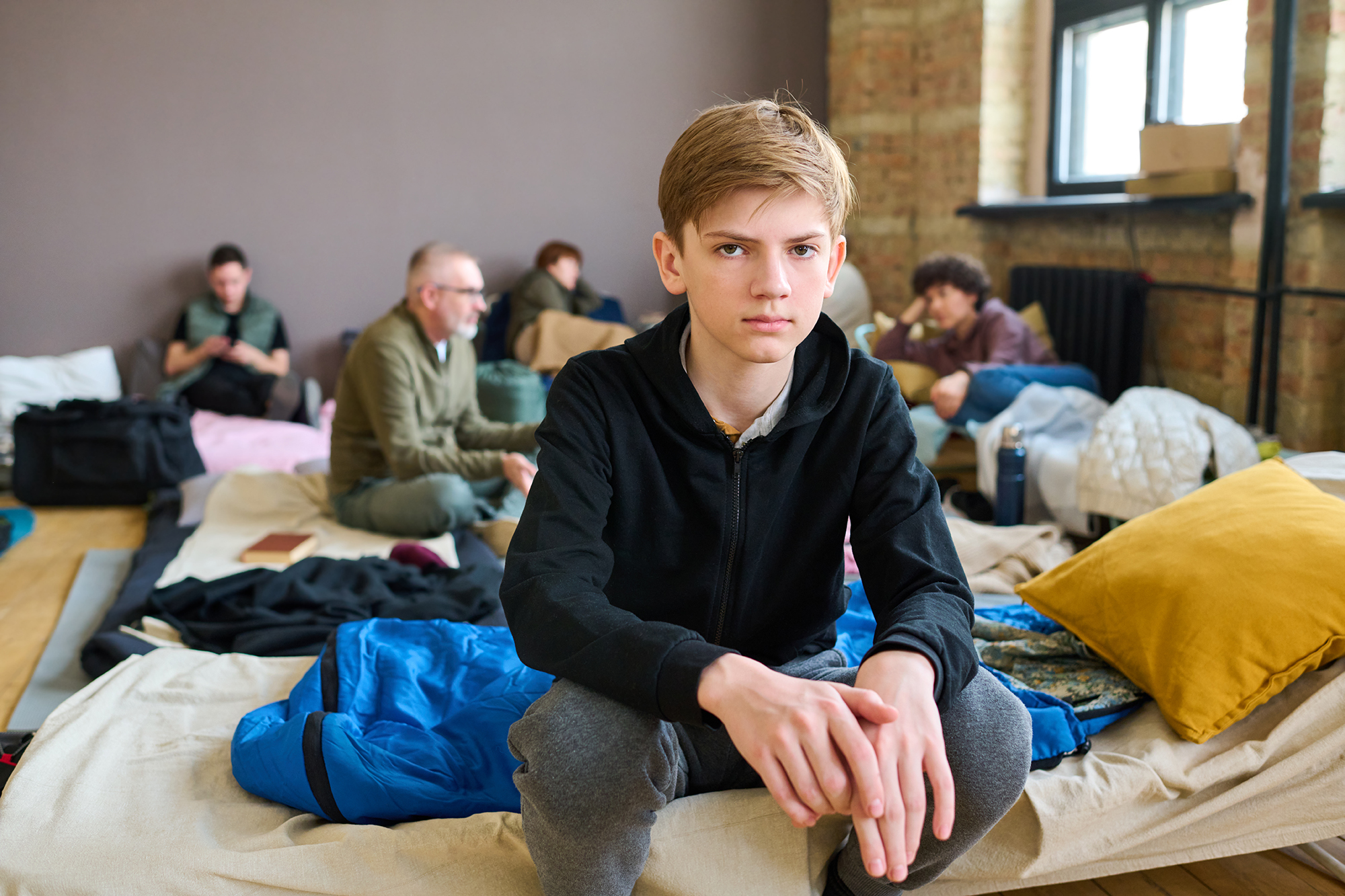
A research project evaluating three new Education First Youth Foyers in Victoria
Learn more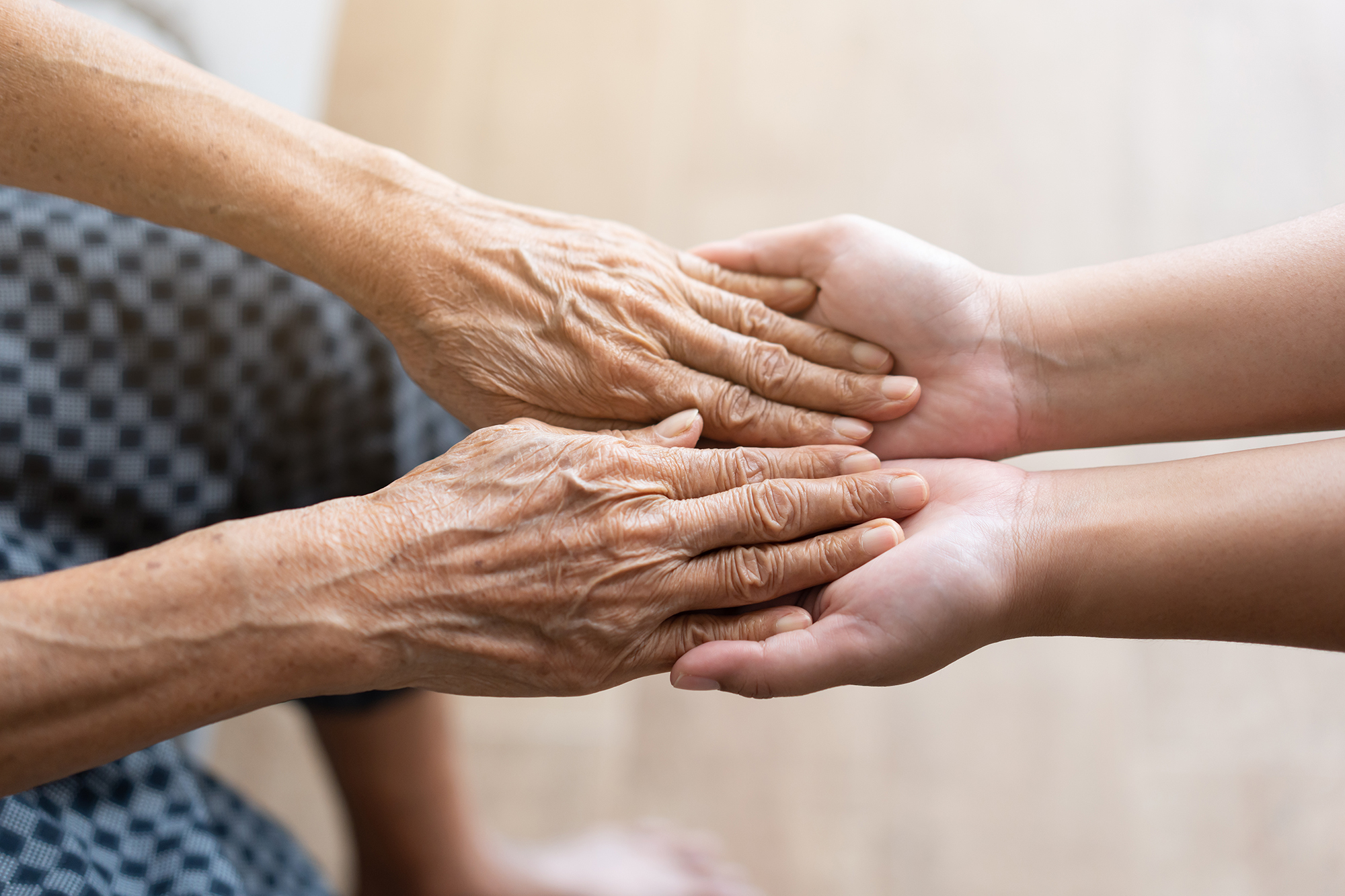
Developing a pathway for young people into aged care and disability support
Learn more
This research examined the role of private registered training organisations in delivering training to young people who have left school early.
Learn more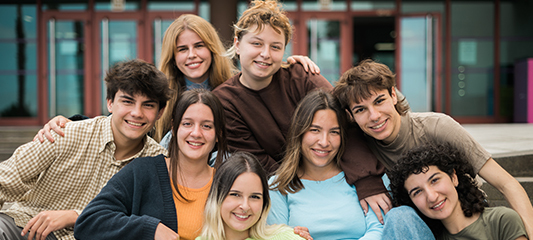
What are some keys to helping young people to gain planning and independent living skills?
Learn more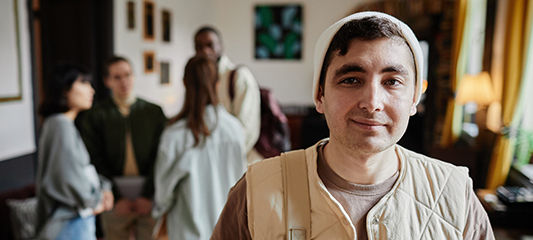
A project giving young people the freedom to take photographs that represent their experiences of education or employment
Learn moreLooking for services related to education and training?
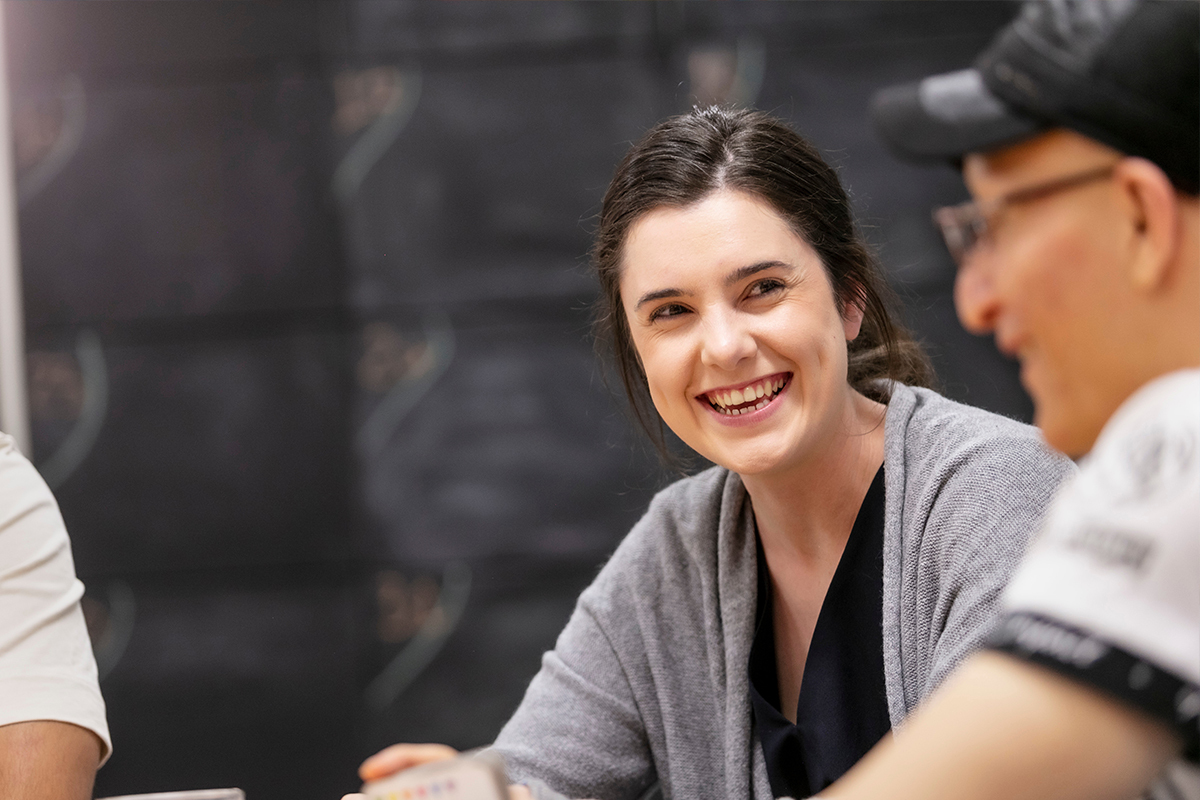
Creating Futures for Youth empowers young people to pursue their career goals and build their capacity to work or undertake further learning.
Learn more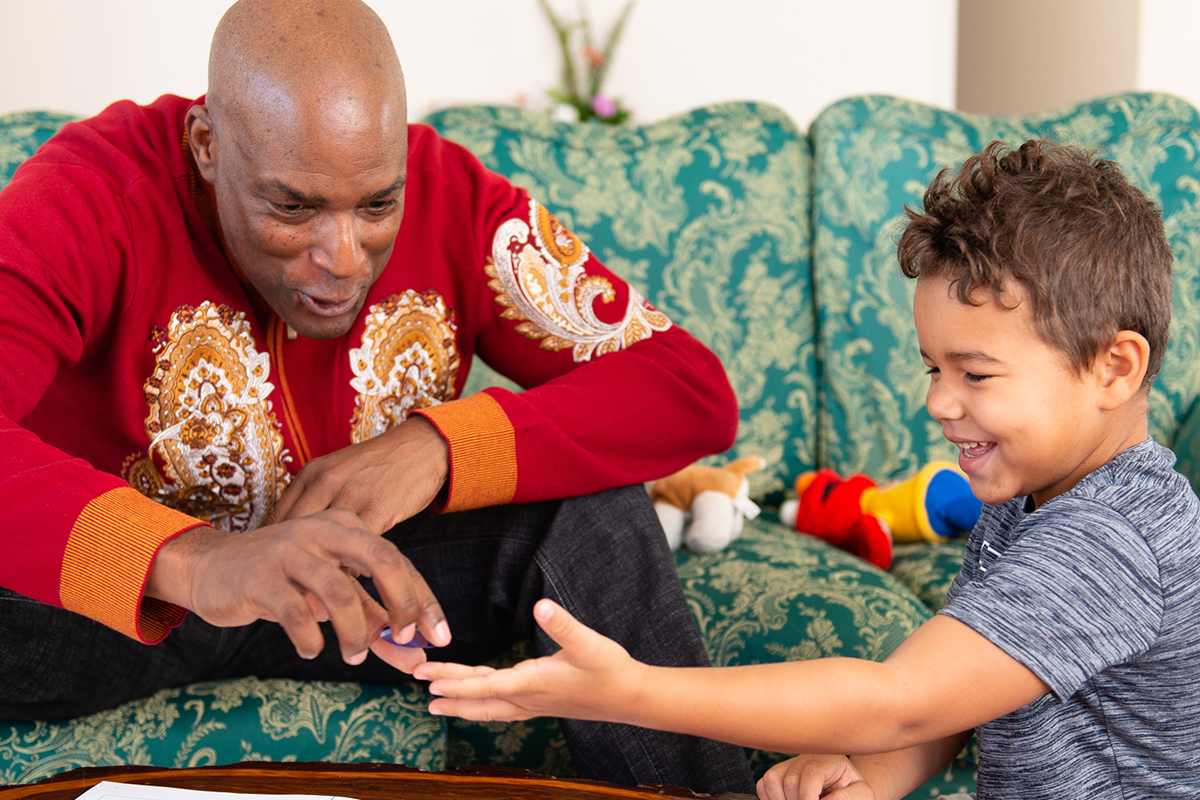
HIPPY – the Home Interaction Program for Parents and Youngsters – is a free two-year early-learning program that empowers parents and carers to be their children’s first teacher in their homes.
Learn more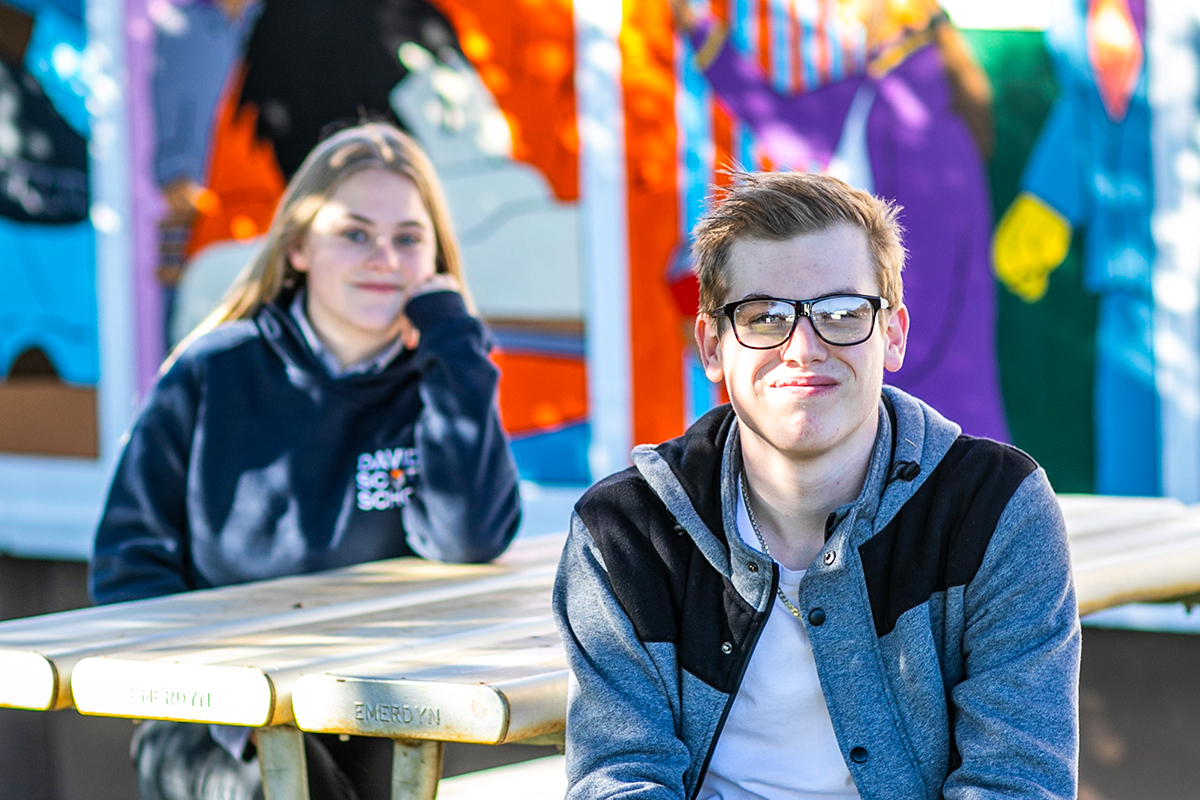
Our David Scott School is a registered, independent school for disadvantaged young people. It opened its doors in early 2017 to Year 10, 11 and 12 students.
Learn more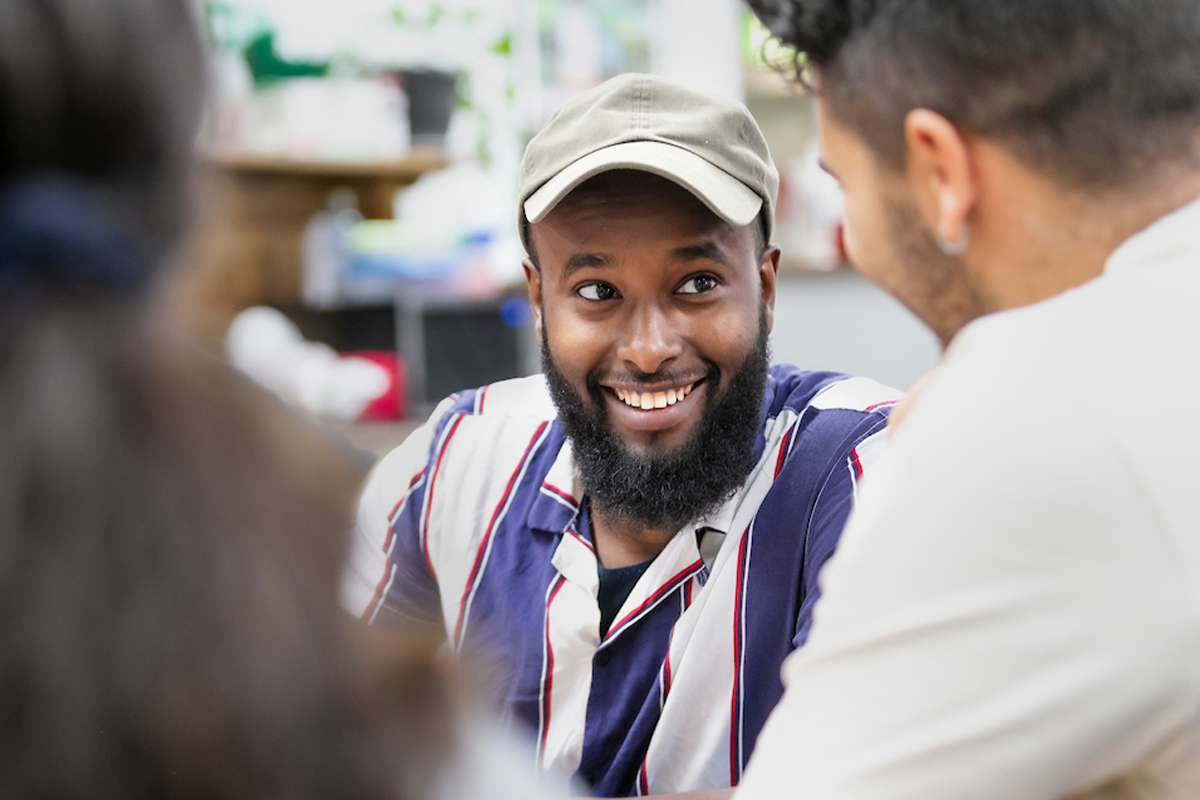
Our Youth Transitions Support Pilot Program helps young refugees participate in the community through work, education and sport.
Learn more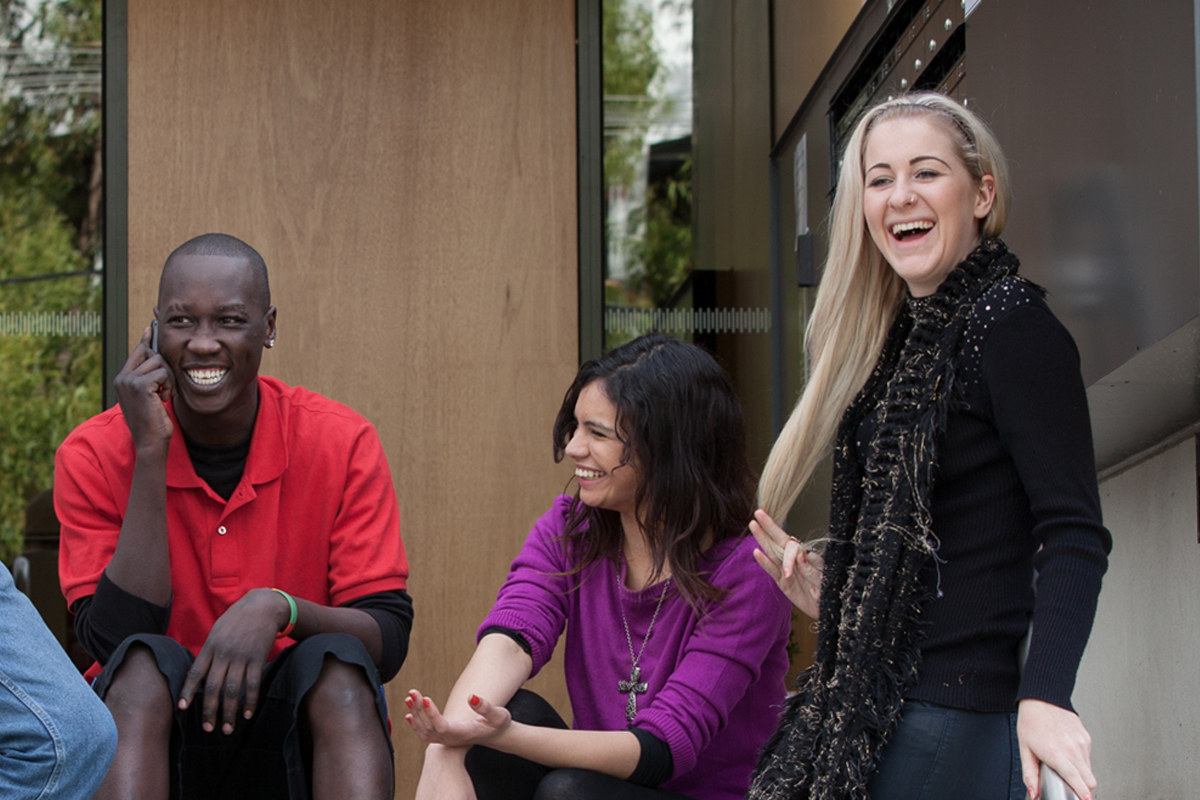
Education First Youth Foyers are integrated learning and accommodation centres that develop the skills of young people at risk of homelessness.
Learn more
The Better Futures service is a new way of supporting young people who are making the transition from out-of-home care to independence.
Learn more